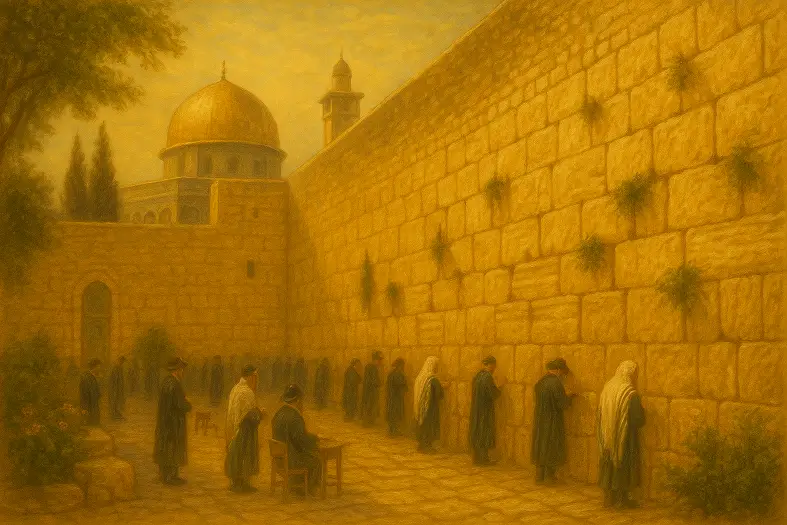


It is forbidden to eat on the tenth of Tishrei, Yom Kippur.
This mitzvah forbids eating or drinking on Yom Kippur, as part of the command to afflict oneself. Unlike other fasts, which are rabbinic, the Yom Kippur fast is directly from the Torah. Abstaining from food and drink allows the Jewish people to rise above physical needs and focus entirely on prayer, teshuvah (repentance), and seeking atonement before Hashem.
Commentary & Classical Explanation:


Mitzvot related to the Jewish festivals — their observance, rituals, prohibitions, and spiritual significance. This includes Torah-commanded holidays like Pesach, Shavuot, and Sukkot, as well as rabbinic celebrations such as Purim and Chanukah.
Represents Emunah—the deep, inner trust in Hashem’s presence, oneness, and constant involvement in our lives. This badge symbolizes a heartfelt connection to G-d, rooted in belief even when we cannot see. It is the emotional and spiritual core of many mitzvot.
Represents the concept of spiritual intentionality, purity, and sanctity—set apart for a higher purpose.
Signifies awe and reverence toward Hashem—living with awareness of His greatness and presence.
Mitzvot that define and deepen the relationship between a person and their Creator. These include commandments involving belief, prayer, Shabbat, festivals, sacrifices, and personal holiness — expressions of devotion rooted in divine connection.

Dive into mitzvos, prayer, and Torah study—each section curated to help you learn, reflect, and live with intention. New insights are added regularly, creating an evolving space for spiritual growth.

Explore the 613 mitzvos and uncover the meaning behind each one. Discover practical ways to integrate them into your daily life with insights, sources, and guided reflection.

Learn the structure, depth, and spiritual intent behind Jewish prayer. Dive into morning blessings, Shema, Amidah, and more—with tools to enrich your daily connection.

Each week’s parsha offers timeless wisdom and modern relevance. Explore summaries, key themes, and mitzvah connections to deepen your understanding of the Torah cycle.